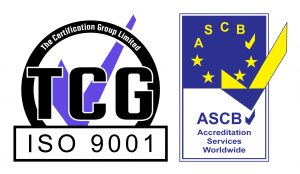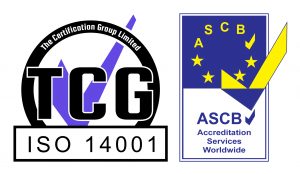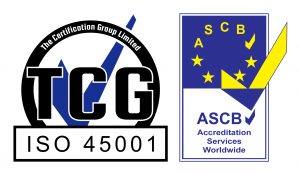Changes to Regulations for Land Spreading of Biosolids
All biosolids and septic tank sludge to land will be regulated under the Environmental Permitting Regulations by 2023. The Sludge (Use in Agriculture) Regulations, which has been in use since 1989, will no longer be needed.
https://www.gov.uk/government/publications/environment-agency-strategy-for-safe-and-sustainable-sludge-use
The Environment Agency published their Policy Paper on their Strategy for Safe & Sustainable Sludge Use in March 2020. Initially the aim was to introduce the changes in 2021, although this has been pushed back due to delays caused by Covid.
The application of biosolids to land has been under review for some time. The EA’s sludge strategy comes after internal consultation with key stakeholders related to the recycling and use of these materials, and the recent Regulatory Position Statement released in January 2020, relating to changes in the coding of sludges under various environmental permits.
During their internal review, the EA looked at 4 different options to try and harmonise the regulatory framework for recycling organics to land, bring the waste and water industries in line with each other, provide clarity for biosolids recycling in England and make regulation more uniform across the whole of the UK.
They have decided to ‘evolve’ the regulatory tools already in place via Environmental Permitting which is a charge-funded approach and adopts the Polluter Pays Principle; i.e. if you are a bad operator, you will be financially penalised.
So, how will all this happen?
The new regulatory framework has eight key aims, but the four that will be of most significance to farmers, recyclers and land spreaders will be;
- Clear and consistent regulation – definitive regulation not open to misinterpretation and clear links to other relevant regulation including the Reduction and Prevention of Agricultural Diffuse Pollution Regulations (the Farming Rules for Water), biowaste treatment permitting etc.
- Charge-funded regulation – similar to wastes spread under Environmental Permitting, all regulation will be chargeable via permit fees, subsistence fees and landspreading assessment fees.
- Retain controls that are still effective – the best bits of Environmental Permitting and the Sludge Regulations will be used to create the new regulatory framework.
- Targeted regulation – upstream during sludge treatment, storage and pre-spreading control, post sludge treatment testing, soil testing and record keeping.
The EA will be forming specialist groups to help devise the new framework. As part of the REA Organics Steering Group, we have asked to be engaged with the Environmental Permitting and Sludge Regulations review and revision. This is to represent current users of both existing regulations.
Why are they doing this?
This strategy is a major regulatory shift from current regulation that permits the application of sewage sludges to land. With the implementation of the Biosolids Assurance Scheme still fairly fresh across this sector, it feels like another major change for water companies, contractors and end users.
Aside from the obvious financial drivers that will come from charge-funded regulation, the EA have given the following justifications for their strategy;
- The Sludge (Use in Agriculture) Regulations are not risk-based, do not account for the chemical complexity of modern-day sludges and potential new environmental hazards and do not reflect current management of sludges (from treatment through to use).
- There are inconsistencies between sludge-based regulation and the current regulations are complex.
- The Sludge (Use in Agriculture) Regulations were designed for a short, linear supply chain which is no longer the case due to handling by 3rd party contractors and distances travelled.
- The way in which sludges are treated have changed and the market now extends beyond the water companies.
- Levels of metals (Potentially Toxic Elements) are controlled, but existing regulations do not pose limits on organic and inorganic chemicals, anti-microbial resistance and microplastics.
- The application of untreated septic tank sludge to land are being brought into question.
We will keep a close watch on how this develops over the coming months and we will post regularly to keep our customers up to date.
If you handle biosolids or septic tank sludges to land, or you rely on this as an outlet for your sludges then please get in touch with us at info@4r-group.co.uk. We can provide advice and support for Environmental Permitting and keep you updated on what is happening.







